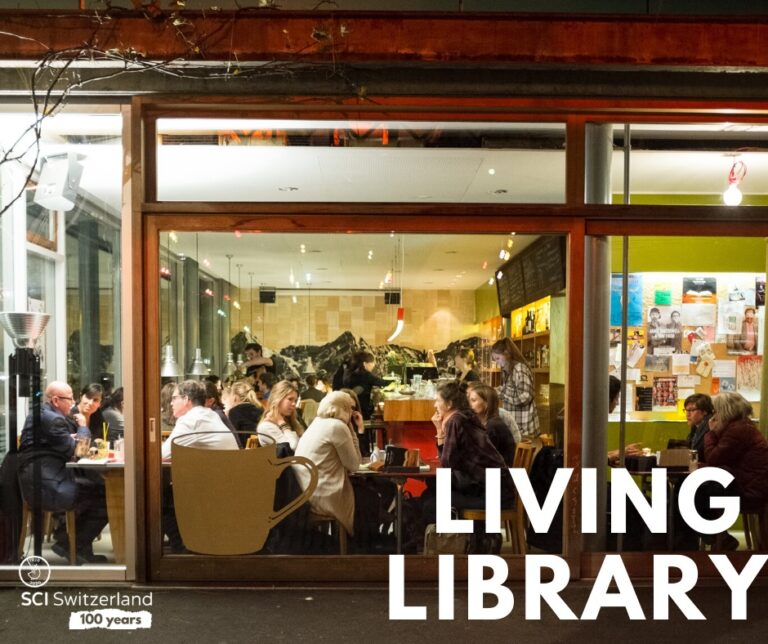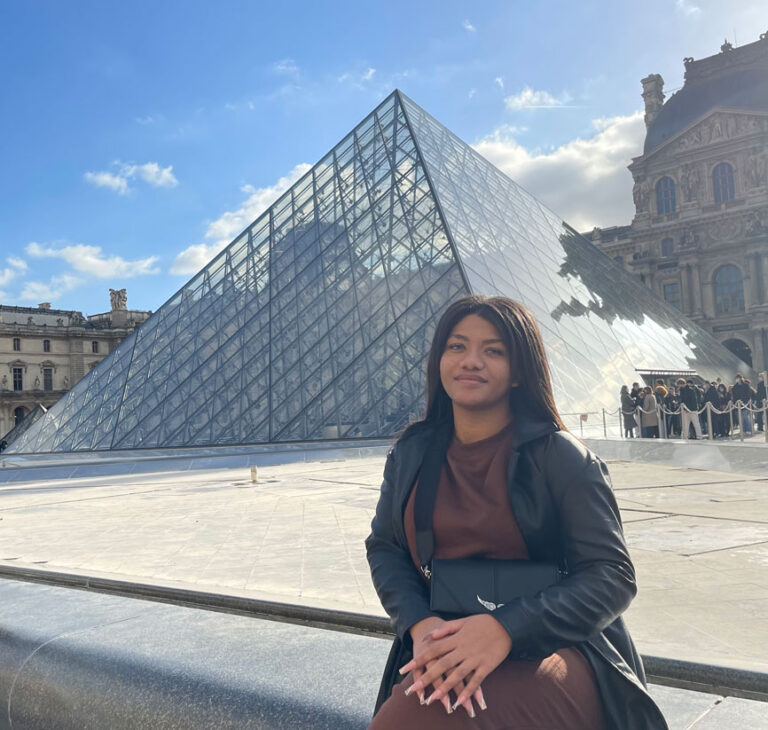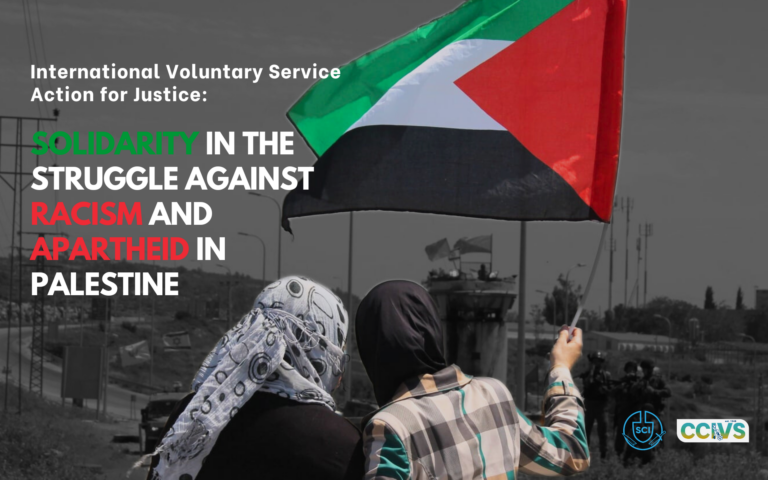Remembering Hiroshima day to not repeat the same mistakes
For SCI India, Maharashtra state group, August’s activities started with a solemn observance of the Hiroshima Day on 6 August.
A local webinar was held to reflect upon the two of the darkest moments in human history: the atomic bombings of Hiroshima and Nagasaki on 6th and 9th August 1945, respectively. We observe this event not just to revisit the horrors, but to strive to not allow that same mistake from happening again, especially now that the threat of a nuclear war seems all the more imminent.
The important aspect of this year’s Hiroshima Day was that it was almost entirely organized and presented by young people: school and college students in their teens and early twenties. (They even brought out a booklet on this subject.) It was heartening to see these young heads on young shoulders, born in the Internet-dominated, post-cold-war world, trying, like their older counterparts, to make sense of those two unimaginably cruel events from 78 years earlier.
Even though the webinar was going to be in Marathi (the local language), most speakers chose English, and spoke fluently and elegantly. The presentations were armed with facts, figures, historical anecdotes and famous quotes (“If we don’t end war, war will end us.” – H. G. Wells), and covered the background and actual bombings of Hiroshima and Nagasaki, and the aftermath and repercussions to the whole world, leading to the present situation.
Vedashree Vijapurkar gave a brief account and background of the two events, right from the discovery of nuclear fission in 1938, to the Potsdam Declaration and Japan’s formal surrender in September 1945. She concluded her informative speech by stressing the need for unity, truthfulness and peace in solving conflicts.
Maitreya Ghaisas, described the aftermath of the ‘worst chapter in human history’, highlighting the effects of the nuclear radiation across generations. He believes that each country should solve its problems with peace.
Ishwari Pavbake talked about the political consequences of World War II, namely the cold war between the United States and USSR (Russia’s predecessor), and the emergence of the Non-Aligned Movement. She also touched upon the ongoing war between Russia and Ukraine.
Gaurav Shirsat, the youngest participant, spoke in Marathi, giving a brief background that led up to the use of nuclear weapons on Hiroshima and Nagasaki, particularly the Pearl Harbor attack by Japan. Use of nuclear weapons in the present Russia-Ukraine conflict could have devastating results, he warned.
A BBC documentary (in Hindi) about the two bombings was screened during the webinar. Many of us have watched such documentaries. The heart-rending images of suffering and death make a deep impression on the mind, and have the power to further strengthen one’s resolve for a peaceful world.
Since a number of participants were new to SCI, Jayaprasad, one of the Group’s long-time volunteers, was invited to give a brief introduction of SCI. Pointing out that SCI has had its origin in the aftermath of the previous world war, Jayaprasad stressed the importance of organizations like SCI in spreading peace and awareness about it. The world leaders, he said, haven’t learned a lesson from the wars, while people suffer and yet remain silent. He urged the newcomers to learn about SCI and join in its work to promote peace and understanding. Friendship is valued highly in SCI and this year 6th August also happened to be Friendship Day in India (celebrated on the first Sunday of August).
Paying homage to those who lost lives and those who suffered in the two bombings and their aftermath, Vaishali Kamble, an active SCI volunteer, said the wounds of the two bombings would take a long time to heal. The immense power of nuclear energy was presented to the world in its most destructive form. The fear of nuclear fission in the human mind is thus emotional in nature, rather than logical or analytically derived. But sometimes good emerges from bad, and so the fear has prevented further use of nuclear weapons in an armed conflict by the present owners of nuclear weapons, namely, the United States, Russia, China, India, UK, France, Israel, Pakistan and North Korea. Efforts are continually being made for the use of nuclear energy for peace. Vaishali stressed the need for peace and non-violence, and said, “Only with love, peace and solidarity will humanity emerge a victor.”
Sheherbanoo Gullar, former Group President and newly elected Chairperson of SCI-India’s Central Working Committee, spoke with passion about what lessons we have learned. Simply knowing the history is not enough, she said, but we have to ask the pragmatic question of what we can do in our day-to-day life, and how we can cultivate peace within ourselves and spread it around. “Today we need to think about this and do something practical to bring peace, and fight violence and injustice.”
Suresh Iyyer, an old-time SCI volunteer, said despite the two catastrophes, Japan has made great progress in various fields. This shows Japanese people’s strength, which we need to acknowledge. He suggested we take a hard look at our own society and try to deal with our current issues.
Prabhakar Kamble, the Group’s incumbent President, talked about workcamp as SCI’s methodology for bringing people together, and invited the young participants to join a workcamp. Other senior volunteers also urged the young people to take a workcamp experience to understand SCI. It can be a life-changing experience, said Vivek Patil, a long-time SCIer. In a way, the proof lies in the fact that most of the seniors present have been active in SCI for the past 30 to 40 years.
Nitin Vengurlekar concluded the webinar by thanking the participants. He especially acknowledged the behind-the-curtain efforts of Shrikant and Manisha Sawant in assisting and guiding the young volunteers in organizing the webinar.






